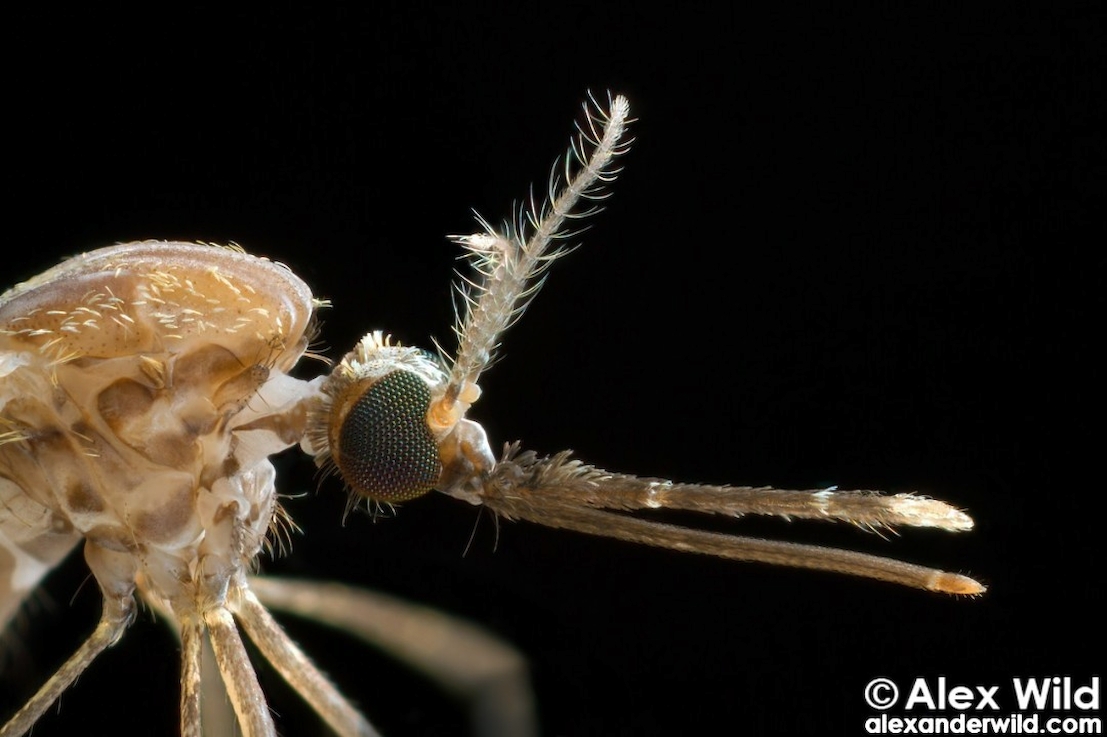What we have learned to date and how this contributes to malaria control

You can book for in-person attendance at Bookwhen, where you will also find the link for Zoom viewing.
Malaria is a preventable treatable infectious disease but still it kills up to 600,000 people each year, primarily children under the age of five. The disease is caused by a single celled parasitic organism that is only transmitted between humans by Anopheles mosquitoes. If the mosquitoes that transmit the parasite were eliminated or prevented from transmitting, malaria would end. Gaining a deeper understanding of Anopheles malaria mosquitoes is an especially important undertaking in Africa, where the vast majority of malaria deaths occur and where there are many species contributing to the disease burden. Among these, four are considered major malaria vectors, probably accounting for more than 95% of transmission. This talk will present several different genomic approaches we are taking to thoroughly characterise Anopheles mosquitoes. These include amplicon panels to understand mosquito species diversity and distributions, short read sequencing to glean a comprehensive understanding of population structure and selection, and long read sequencing to peek into rapidly diverging regions of the genome that short reads cannot offer resolution for. This talk will discuss what we have learned to date and how this contributes to malaria control.
Dr Mara Lawniczak, Senior Group Leader, Wellcome Sanger Institute

Dr Mara Lawniczak is an evolutionary geneticist with a long-standing interest in speciation and biodiversity, coupled with a desire to do science that has positive impacts on global health. She strives to build genomic resources that deliver impact in malaria control while also enhancing our understanding of evolution. Mara completed her PhD in Population Biology at UCDavis studying the female side of sexual conflict and arms race dynamics in Drosophila in the lab of David Begun. Continuing to work on this study system, she moved to Tracey Chapman’s lab in London for a postdoc where she generated transgenic flies lacking seminal fluid proteins and studied fitness consequences of these losses. She took a year away from science after this postdoc and then returned to London for another postdoc with Fotis Kafatos and George Christophides at Imperial College London, where she switched to working on Anopheles mosquitoes. In 2012 she was awarded an MRC Career Development Fellowship and in 2014 she moved to Sanger to form her group focused on vector population genomics. Since joining Sanger, she has established and led the Malaria Cell Atlas project, the Anopheles funestus population genomics project, the Anopheles Reference Genomes project, the ANOSPP project, and the BIOSCAN UK project. In 2023, Mara was featured as a “hero in the field” by Bill Gates. Mara is an associate editor at GENETICS and she currently holds grants from MRC, Wellcome, UKRI, Horizon Europe, and the Bill and Melinda Gates Foundation.
Attending lectures
Thank you for your interest in CSAR and its programme. If you would like to help us maintain our activities at their current level, you can make a donation to CSAR here, via PayPal or a bank card. Your gift will by default go into our general income fund; if you would like it to be used for a specific purpose such as the PhD Students Awards scheme, please let us know at info@csar.org.uk. CSAR is a registered charity run by volunteers.